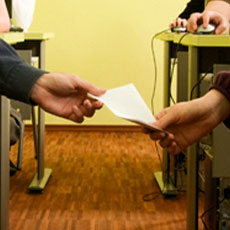Turnitin Study Examines ‘Copy and Paste’ Plagiarism
When students need to write a paper, where do they go? A study released last month on plagiarism found that social and user-generated websites are the most popular resources, followed by academic and homework-related sites. Cheat sites and paper mills comprised less than 15 percent of the total resources used and showed the most significant decline over the period examined.





